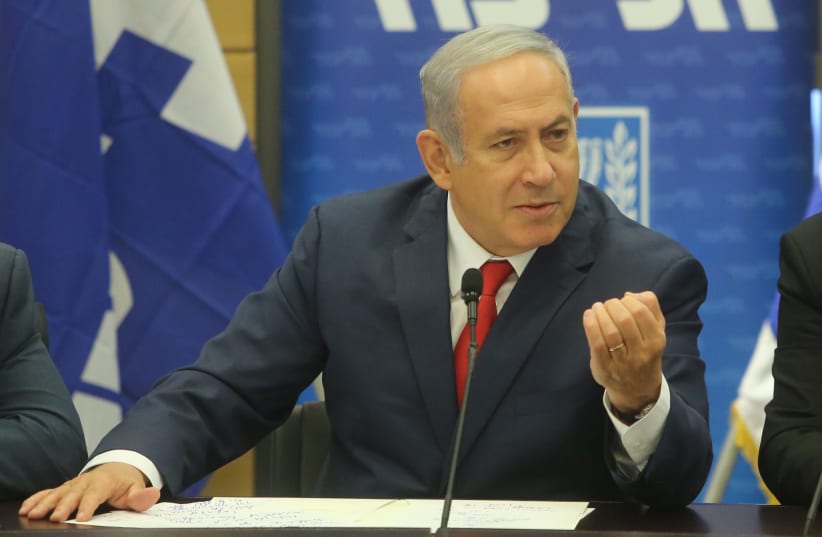A Related Video You May Like:
Netanyahu stressed that the declaration – which caused an uproar as critics said it severely downplayed the role the Poles had played in the Holocaust, while overplaying Polish efforts to help Jews – was overseen by chief Yad Vashem historian Dina Porat. Yad Vashem itself slammed the agreement last week, saying that it contained “grave errors and deceptions.”Netanyahu said that since the publication of the declaration, “I have listened intently to the comments of the historians, including about several things that were not included in the declaration. I respect this and I will give expression to it.”Officials in the Prime Minister’s Office would not provide any more specifics as to how exactly Netanyahu intended to “give expressions” to the issue, though he is expected to do so in the coming days. The careful nature of the wording, however, was created in order to leave open “a lot of different options.”The issue was not brought to the cabinet on Sunday, even though Education Minister Naftali Bennett, among the leading voices against the declaration last week, said that if Netanyahu did not cancel or change the declaration, he wanted it brought before the cabinet for approval.In other developments, Netanyahu discussed his upcoming trip Wednesday to Moscow for a meeting with Russian President Vladimir Putin, saying that he will reiterate two basic principles of Israel’s policy.“First, we will not tolerate the establishment of a military presence by Iran and its proxies anywhere in Syria – not close to the border and not far away from it. Second, we will demand that Syria, and the Syrian military, strictly uphold the 1974 Separation of Forces Agreement,” he said.Netanyahu said that it was obvious that he was in regular contact with the American administration, and that the close links with both the US and Russia “are very important to the security of Israel at all times, and especially at present.”
Netanyahu leaves door open to re-addressing Polish Holocaust issue
“The goal of the contacts with the Polish government was to abrogate the criminal clauses in the Polish law that cast a pall of fear over research and free discourse regarding the Holocaust."
